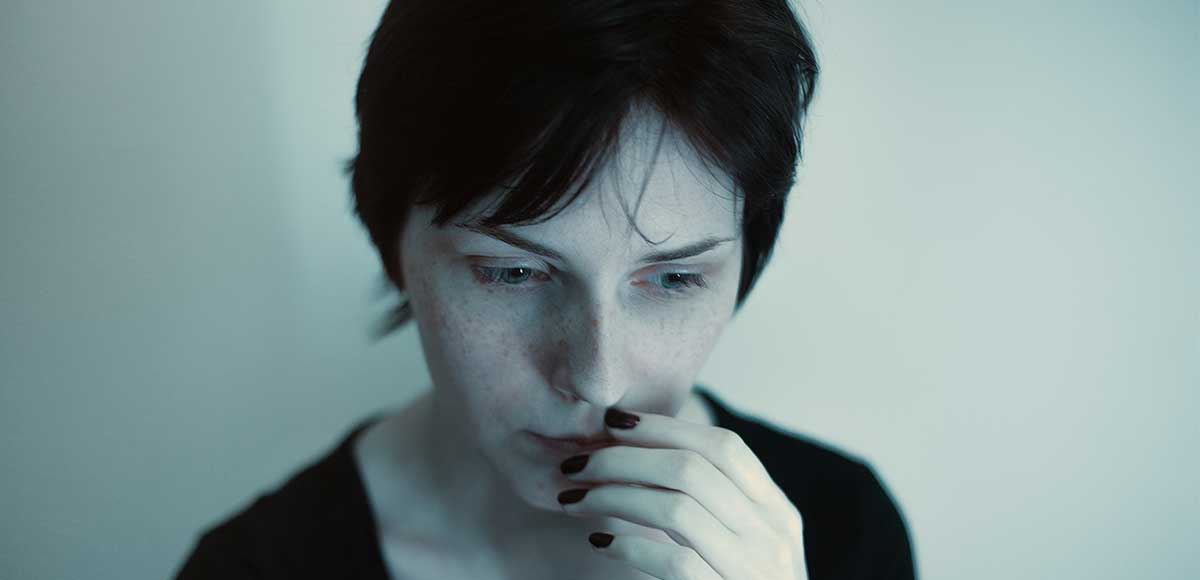For many women suffering from fibroids, hysterectomy is the recommended treatment. Surgery is one way to remove fibroids and relieve fibroid symptoms for good; however, many women don’t realize that there can be long term health effects from this treatment.
Before considering surgery, educate yourself about what happens after a hysterectomy.
Hysterectomy Without Oophorectomy
Hysterectomy without oophorectomy occurs when the only the uterus is the only organ removed. Usually the cervix and ovaries are left intact if the surgery is for fibroids, as long as they are healthy. Since these other organs remain, hysterectomy may not always mean a “total menopause.”
The ovaries will continue to send “hormonal messages” for a while after a hysterectomy; however, the hormone signals will decrease and then stop over time. While the uterus itself does not make hormones, the cervix, uterus and ovaries all work together. Removing one organ can throw off the balance of the reproductive system.
Hormone Changes
Even with natural menopause, the loss of hormones has serious effects on many women. When the cervix and ovaries are still intact, removal of the uterus on its own can have drastic effects including change in personality, depression, profound fatigue and many other issues.
Hysterectomy brings on radical changes to the body and hormones all in one single day. This list from the Hysterectomy Educational Resources and Services Foundation shows some shocking side effects reported by women who’ve had a hysterectomy. (http://www.hersfoundation.com/facts.html)
Estrogen Levels and Other Hormones
Our hormones regulate far more than our reproductive abilities. They are part of the greater system of the body. Estrogen affects our brain, liver, heart and even our bones. Estrogen is not the only hormone changed by hysterectomy. One study showed androstenedione levels were 10% higher and testosterone levels were 40% lower in women who had had a hysterectomy (with or without ovary removal). (Mühlen, 2000)
Women Shocked by Effects
Surprisingly many women are not informed of the changes that will take place after they have a hysterectomy. They are not warned of the harsh side effects of the procedure first. Doctors are quick to recommend surgery for fast results. Surgery can sometimes top the crippling symptoms of fibroids- but new symptoms may arise.
Patients are not always told about all the effects of the surgery. What’s more, most women don’t realize the complexities of hormones in their bodies. They have no way of knowing what could be coming after the procedure.
Hormone Replacement Therapy
While hormone replacement therapy(HRT) may be prescribed, many women still suffer from extreme symptoms of hormone loss. These treatments can be effective, but the results vary from patient to patient. Hormone replacement therapies after hysterectomy can continued for many years. The effects of these changes, though, will last for the rest of your life.
Lifelong Changes
Before consenting to a hysterectomy, women should explore all other possibilities for treatment first. There are alternative treatments that may offer better solutions to some cases of fibroids. It’s important to listen to your doctor’s advice; however, patients should also be vigilant about exploring all of their other options too. Getting a second opinion before choosing surgery is generally a good idea. Consider the long-term effects of hysterectomy in depth before making the decision.
References:
http://www.hersfoundation.com/effects.html
https://academic.oup.com/jcem/article/85/2/645/2854045
http://www.hormonesmatter.com/hysterectomy-hormones-suicide/


